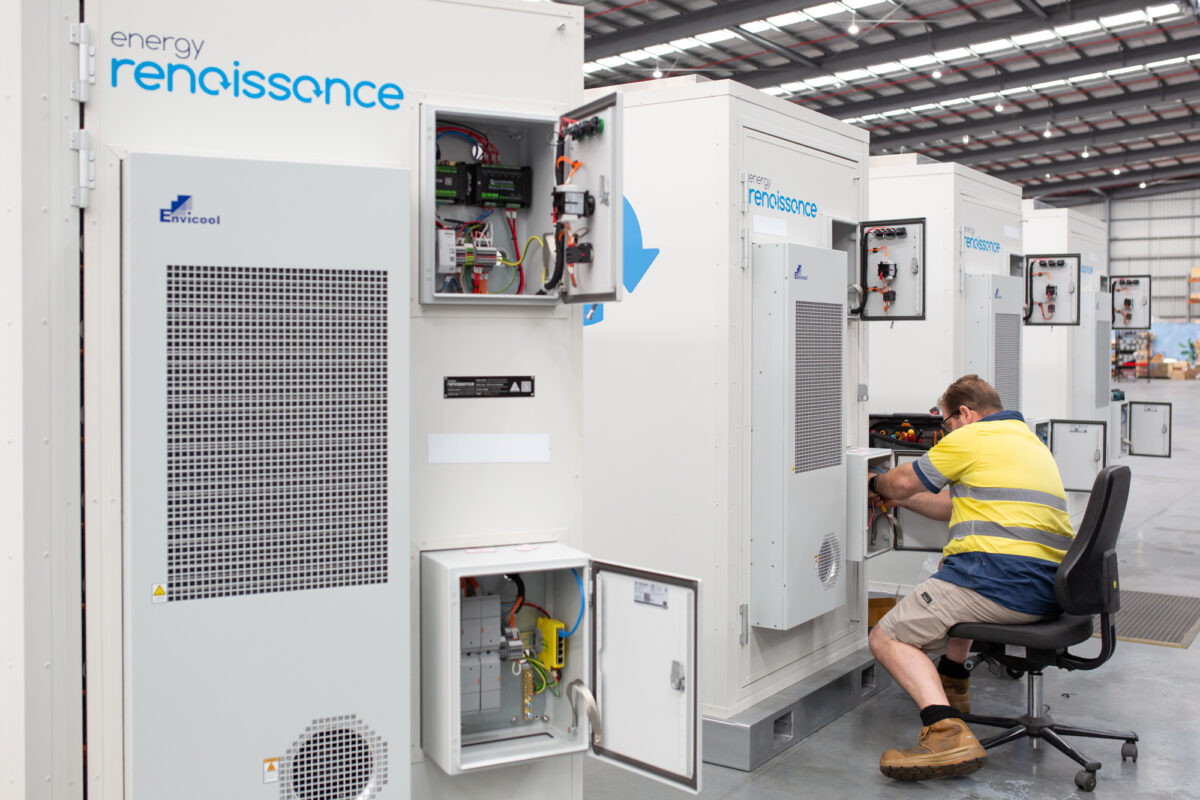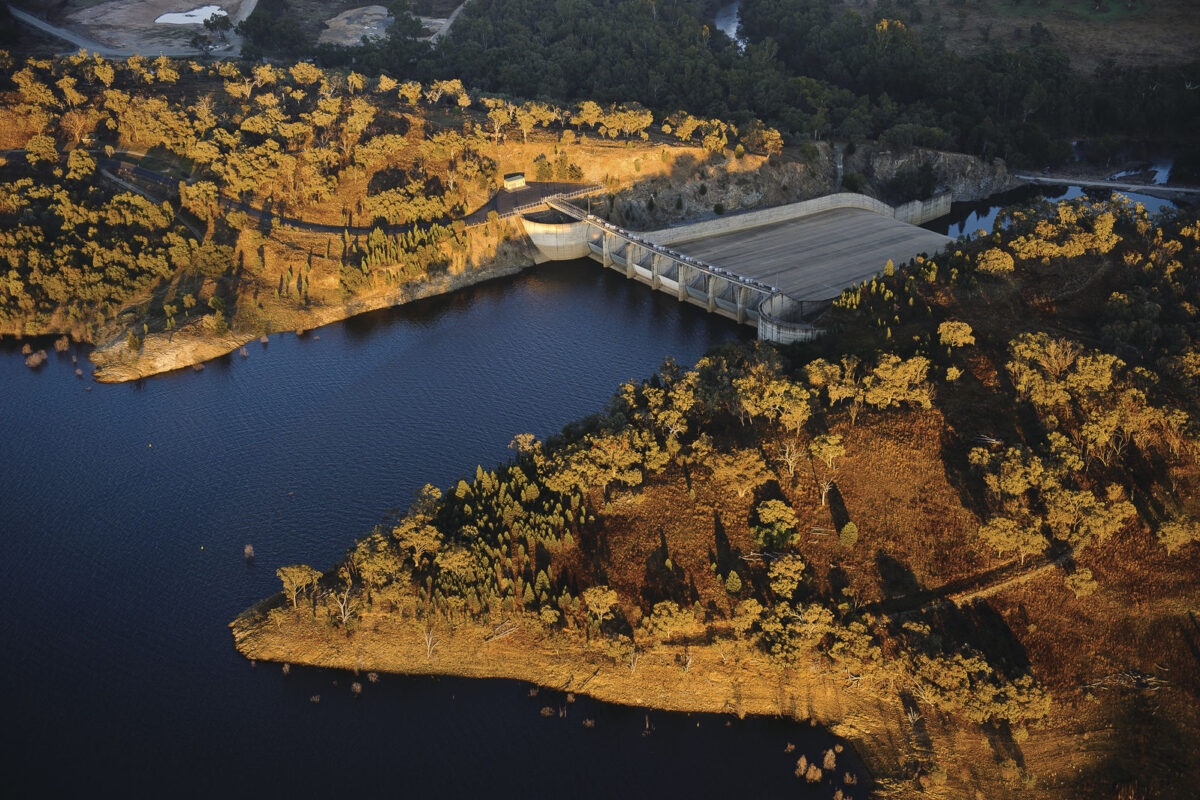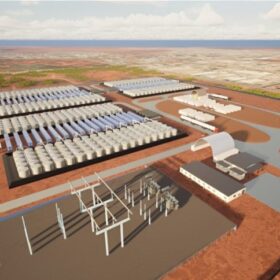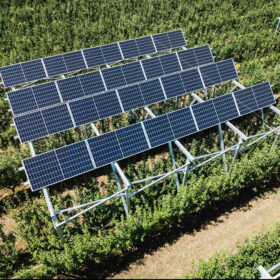The New South Wales-based lithium ion battery company Energy Renaissance has gone into liquidation, just months after celebrating a decade in business.
The company which provided a range of high energy density, air cooled lithium ion phosphate (LFP) battery energy storage solutions, had also just launched in April 2025 a new CSIRO designed and Energy Renaissance-built cybersecure battery to be built at it’s Tomago, New South Wales (NSW) gigafactory.
On Wednesday August 13, 2025, Stewart Free and Bradd Morelli of national insolvency and business recovery firm Jirsch Sutherland were appointed Joint and Several Administrators of ER Industrial Pty Ltd (formerly Energy Renaissance Pty Ltd).
Free told pv magazine the appointment of Jirsch Sutherland was triggered by the withdrawal of a major investor from a planned funding subscription program, which left the company in a cash crisis.
“Our appointment was predicated on the withdrawal of a major investor, which left Energy Renaissance in a difficult financial position,” explained Free.
“During the course of our investigations, we will also be reviewing whether there is any legal recourse available in relation to this decision. Importantly, our appointment is limited to the industrial battery manufacturing business. Energy Renaissance’s IT and defence operations continue to operate as normal.”
Free added that Jirsch Sutherland is actively liaising with both state and federal governments to explore potential pathways forward.
“These may include recapitalisation or a merger to preserve the significant value and opportunities within the business. We greatly appreciate the interest and support being shown at this time. It’s still early days, and our investigations into the company’s financial position and future options are ongoing,” Free said.
The first meeting of creditors was held on Friday, August 22, 2025, in accordance with statutory requirements.
In an interview commemorating the company’s 10th year milestone, Energy Renaissance Founder Brian Craighead said one of the biggest hurdles the company has faced in the past decade was overseas manufacturering prices able to be lowered due to government-subsidised products and economies of scale.
On government support for domestic manufacturing, he said there had been encouraging progress recently, but there was still room for more consistent and comprehensive support to ensure the long-term sustainability of domestic manufacturing, particularly in procurement.
“We’d like to see the government leverage their buying power with procurement that levels the playing field, offers more substantial financial incentives, reduces regulatory hurdles, and continues to invest in advanced manufacturing technologies. Additionally, promoting Australian-made goods domestically and internationally would significantly benefit the industry,” Craighead said.
Energy Renaissance received grants from the Advanced Manufacturing Growth Centre (AMGC) and teh Innovative Manufacturing CRC and Impact Investing Australia, and was aimed at supporting the company’s efforts to become Australia’s first lithium-ion battery manufacturer and build the country’s “hot climate” energy storage solution.
The company’s collapse came days before the Australian government announced it’s $500 million Battery Breakthrough Initiative that “will provide targeted funding to help manufacturers produce high-value battery products and scale operations across the value chain”, a statement says.
This content is protected by copyright and may not be reused. If you want to cooperate with us and would like to reuse some of our content, please contact: editors@pv-magazine.com.









1 comment
By submitting this form you agree to pv magazine using your data for the purposes of publishing your comment.
Your personal data will only be disclosed or otherwise transmitted to third parties for the purposes of spam filtering or if this is necessary for technical maintenance of the website. Any other transfer to third parties will not take place unless this is justified on the basis of applicable data protection regulations or if pv magazine is legally obliged to do so.
You may revoke this consent at any time with effect for the future, in which case your personal data will be deleted immediately. Otherwise, your data will be deleted if pv magazine has processed your request or the purpose of data storage is fulfilled.
Further information on data privacy can be found in our Data Protection Policy.